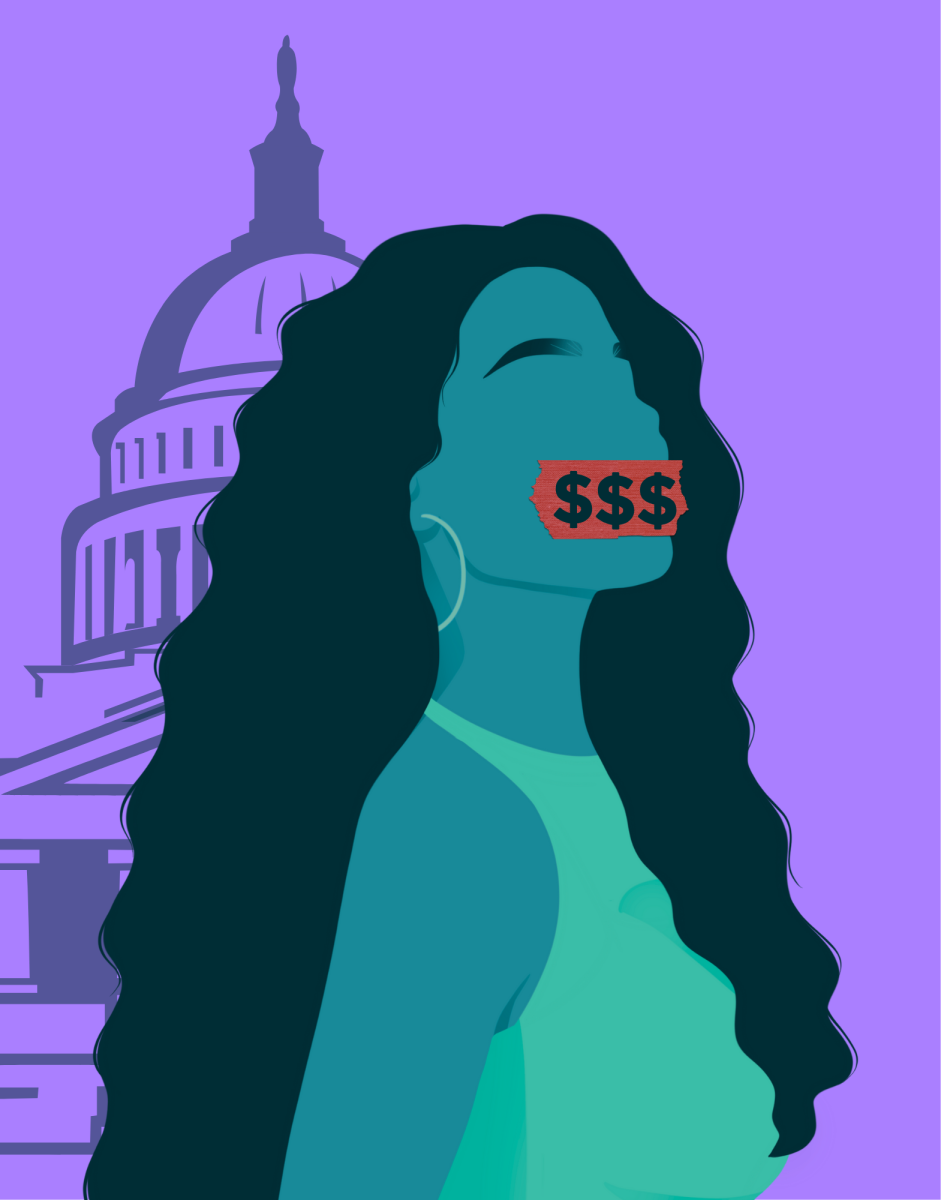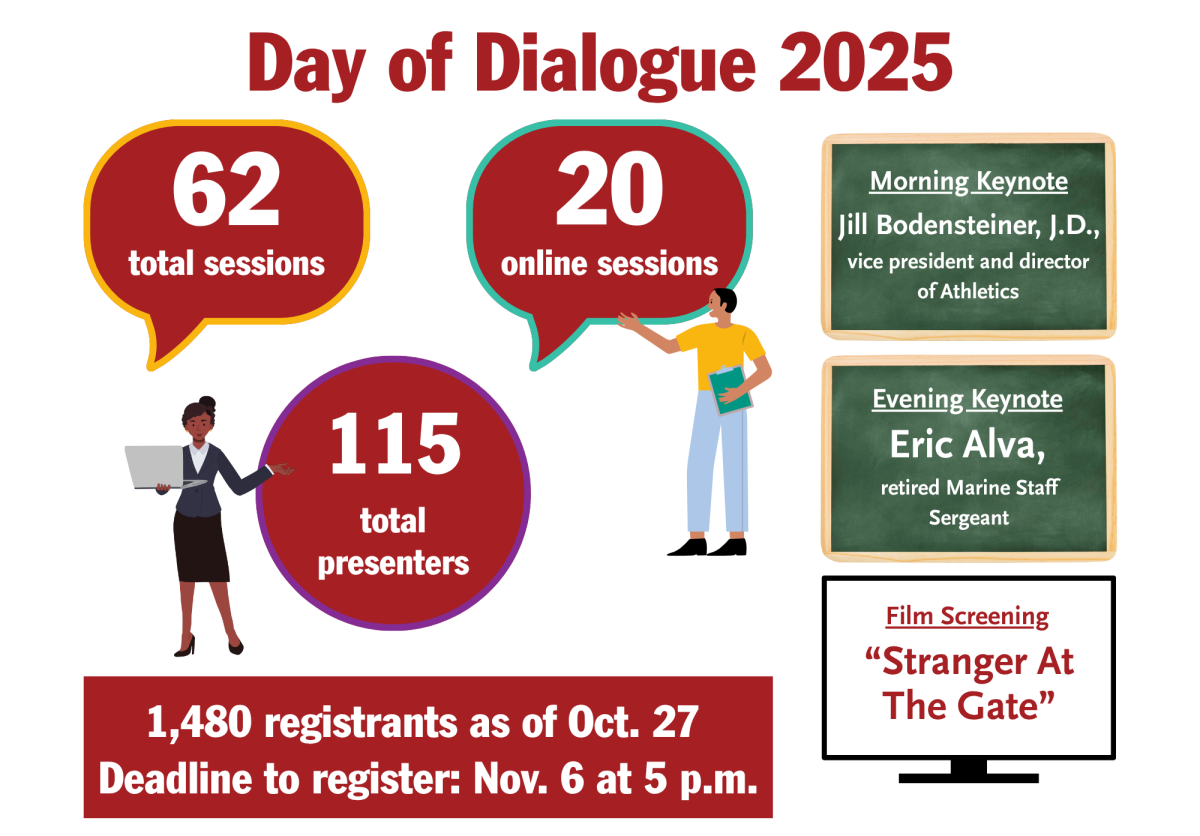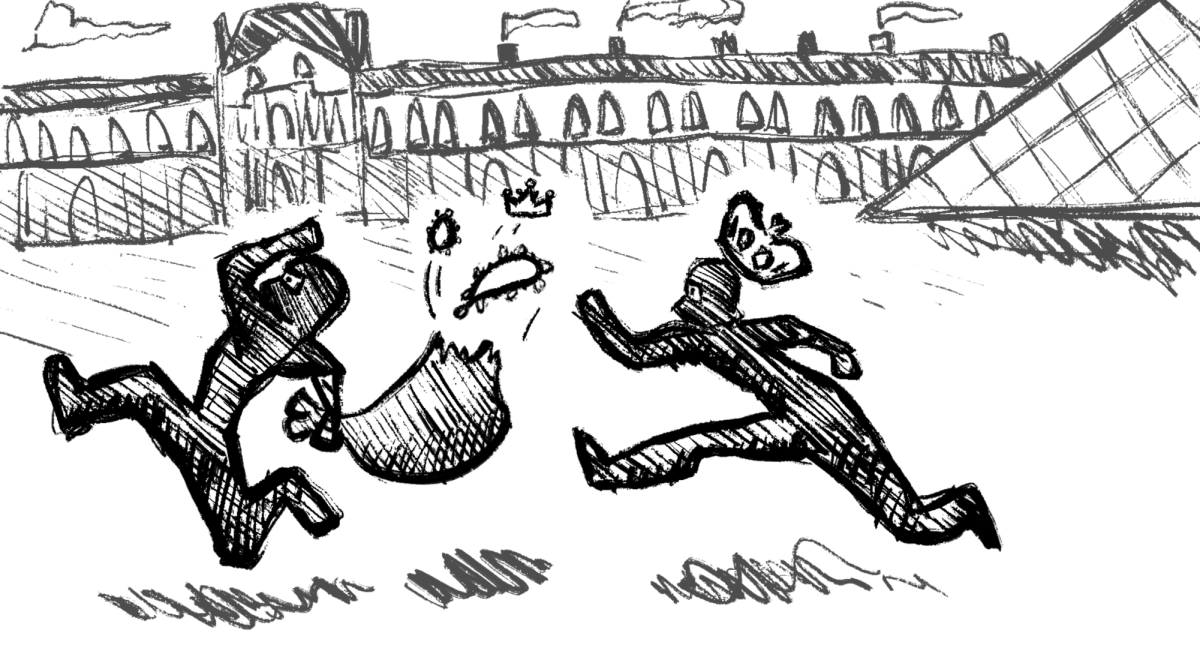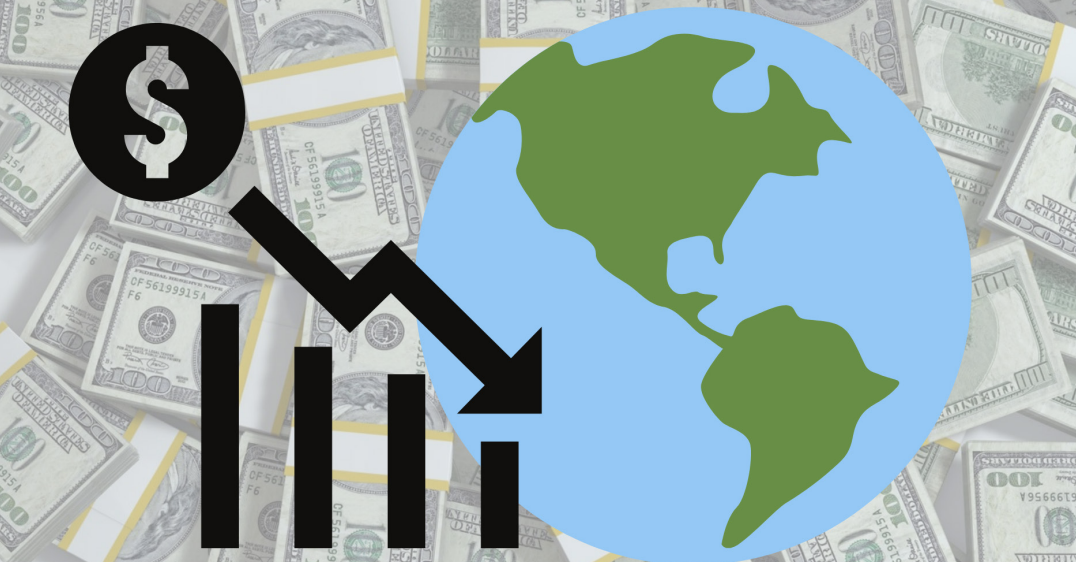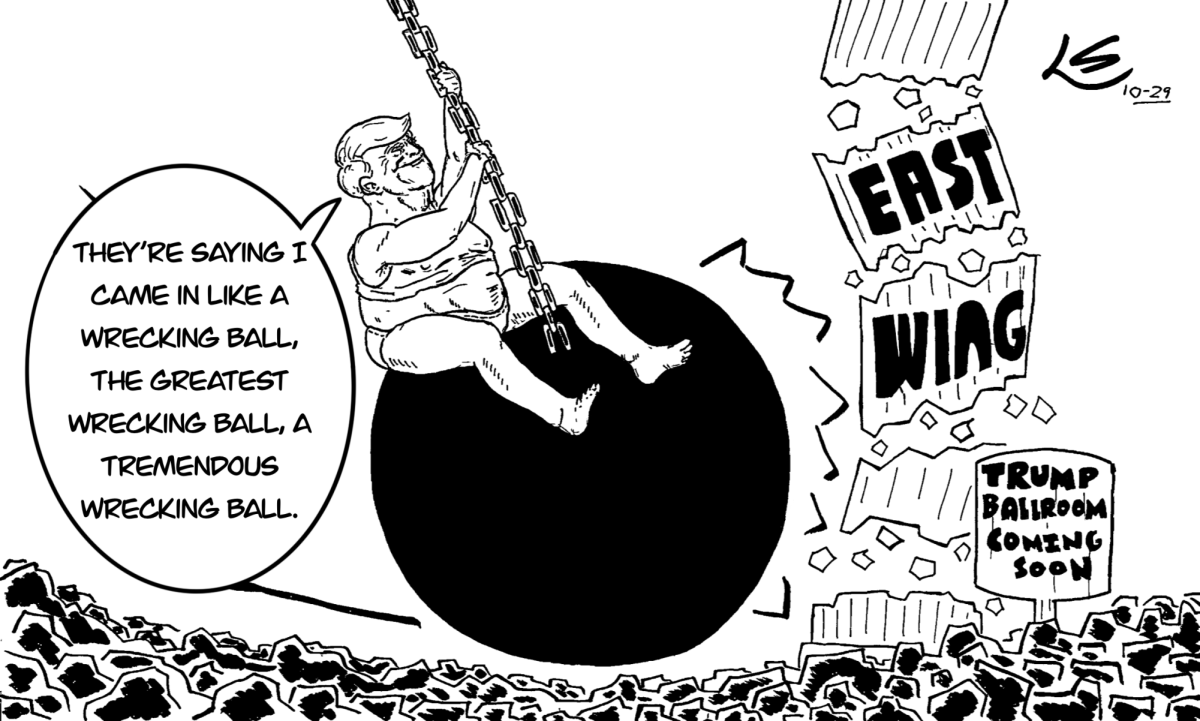Why the recession might become global
It’s never a good sign when economists are debating whether the economy is about to fall off a cliff. After the U.S. economy recorded a second quarter in a row of negative global domestic product (GDP) growth in July of 2022, “recession” became the buzzword of choice for the Republican party. While the U.S. is not officially in a recession, many economists believe that the warning alarms are already flashing. Yet America’s current problems are not just American issues, but global ones.
About half of all wealth in the world as measured by GDP is in the U.S., EU and China. Yet the economic outlook of these three economic superpowers is gloomy at best.
Indeed the UN subsidiary, the World Bank, has gone so far as to warn that the economic slowdown in the EU, U.S., and China poses the risk of causing a worldwide recession. World Bank President David Malpass recently warned in an article from Reuters titled “World Bank sees rising risk of global recession in 2023”, “Global growth is slowing sharply, with further slowing likely as more countries fall into recession.” It seems like the economic fallout from the pandemic is anything but over.
One warning sign in the U.S. of economic slowdown is FedEx’s current downturn. As one of the nation’s largest delivery companies, FedEx is like the veins of our economy. So when the company announced on Sept. 16 that its poor performance last year would result in shutdowns, hiring freezes, and airplane grounding, it certainly worried economists.
FedEx chief executive officer (CEO) Raj Subramaniam explained his decision in an article for Financial Times titled “FedEx shares plunge after profit warning linked to gloomy economy” by saying that, “Global volumes declined as macroeconomic trends significantly worsened later in the quarter, both internationally and in the U.S.” In summary, the economy is trending down.
For China, covid-19 has been disastrous. Since August, harsh lockdowns have affected over 330 million Chinese people in cities like Shanghai, Hong Kong, and Chengdu. China’s approach to covid has kneecapped its economy and stunted its economic growth.
The EU has had an exceptionally tough year both economically and politically. While the pandemic has been just as bad for Europe, they have disproportionately felt the impact of Russia’s invasion of Ukraine. The EU is facing multiple refugee crises, while also dealing with Russian sanctions.
Due to much of Eastern Europe’s reliance on Russian gas, the EU is currently in the worst energy crisis in its history. The EU has already begun rationing electricity and gas. Worse yet, the demand will only increase because, as we all know, winter is coming.
While our country and the world both face many economic problems, I for one, am hopeful that some warning has been given ahead of time. Although, most people in Westeros didn’t listen to the Night’s Watch until it was almost too late.



